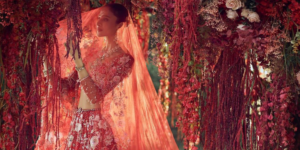
The Greatest Indian Fashion Trends 2024
Congratulations to all you newly engaged couples! In recent years, we have seen weddings return to normality after the Covid-19 wedding disruptions, and now the

Plan, enquiry & save on the go.


Plan, enquiry & save on the go.

Are you a supplier? Click here
Please sign into your account
Fields marked with an asterisk (*) are required.
Fields marked with an asterisk (*) are required.
You can share your Events with anyone you would like to be a part of your planning process. They must have an existing account to view the Event, and will need to archive any active Events on their account, in order to successfully share this Wedding.
By doing this, you will be deleting the event details. You will not be able to retrieve this. Are you sure you would like to continue?
Are you sure you would like to continue?
By doing this, you will be deleting this event details. You will not be able to retrieve this event data. Are you sure?
Are you sure you want to delete all the details for this guest - you will not be able to change the later.
If you would like to cancel your Membership, click below to ensure payments are no longer billed to your account. Your profile will remain active until the end of your current billing period.
Don’t leave, we will miss you!
If you would like to cancel your Membership, click below to ensure payments are no longer billed to your account. Your profile will remain active until the end of your current billing period.
Your Membership will override any existing features, if you choose to switch your plan.
This membership plan provides you with the following features:

By doing this, you will be deleting your Profile, Billing and Membership details. You will not be able to retrieve any account data. Are you sure?


28th August 2023
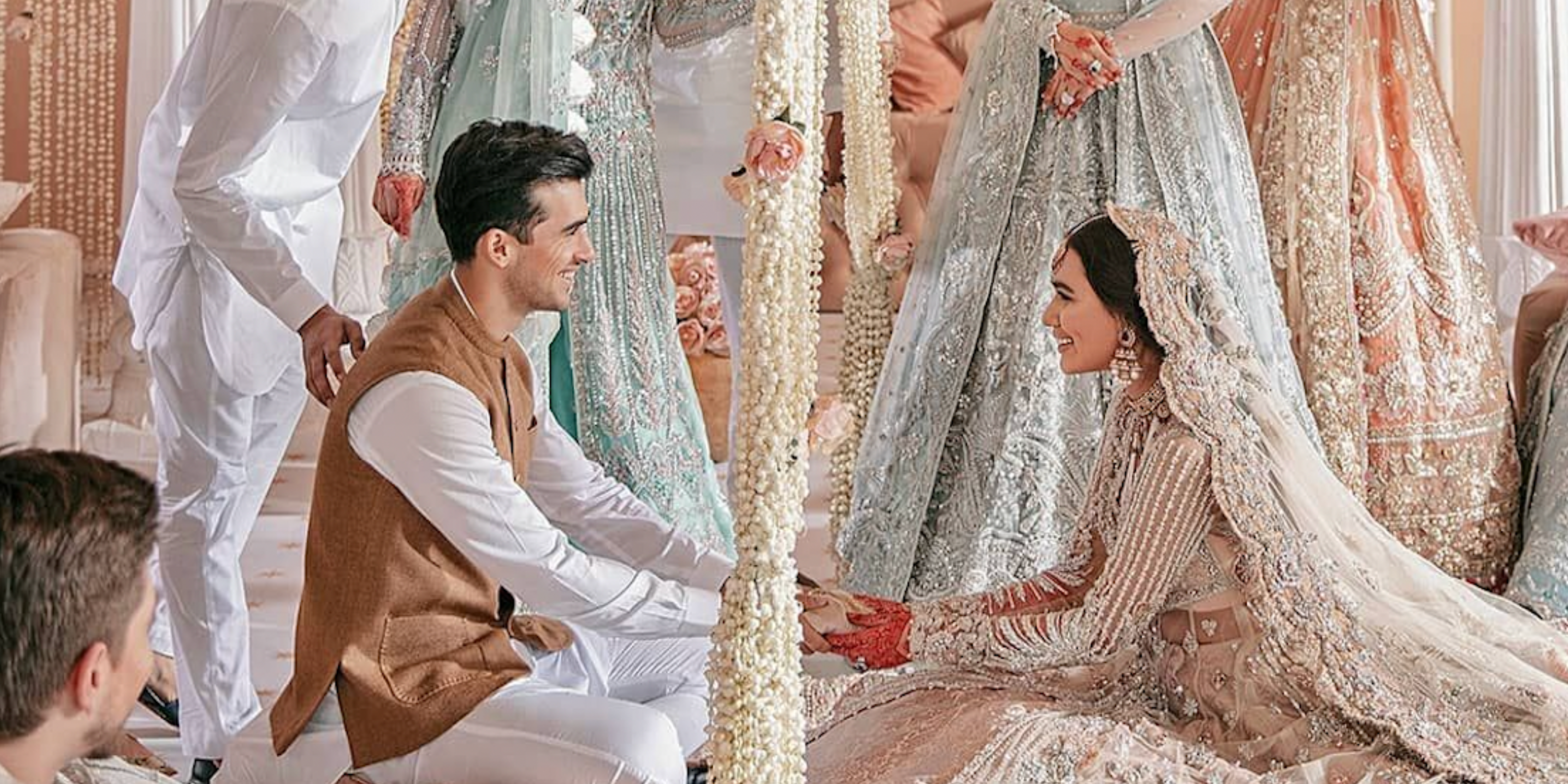
In a world that celebrates diversity and cherishes cultural tapestries, few occasions are as vibrant and rich as a Muslim wedding. Steeped in history, tradition, and a profound sense of community, Muslim wedding ceremonies are a breathtaking fusion of spirituality, family bonds, and love’s unbreakable thread; and that’s why you should understand all the Muslim wedding traditions & customs you will be performing.
Quite honestly, the traditions have evolved so beautifully over the years as well. Some of the age-old traditions were more applicable to the lifestyle & demographics back in the day, so each couple interprets their significance differently. With so many traditions, we’ve decided to break them down for you.
COMMUNICATION IS KEY
Whilst we hope this post is extremely useful in giving you a bit of a starting point to understanding the traditions, it's always best to speak to your partner & families to see how you want to interpret and implement them into your wedding.
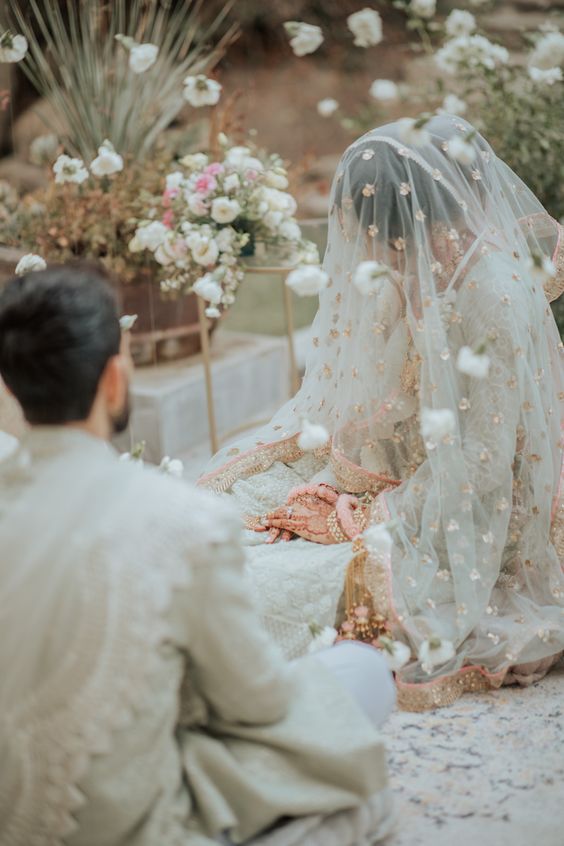
The Salat al-Istikhara is an extremely powerful prayer in Islam that is performed by Muslims when they are facing a decision or a choice in their lives and seek guidance from Allah (God). The word “Istikhara” itself is derived from the Arabic root word “khayr,” which means goodness or betterment. So, the prayer is essentially seeking Allah’s guidance for the best possible outcome in a decision or situation – in this instance, the most important decision is the wedding.
Once this pre-wedding ritual is complete, the official announcement of the couples marriage is made.
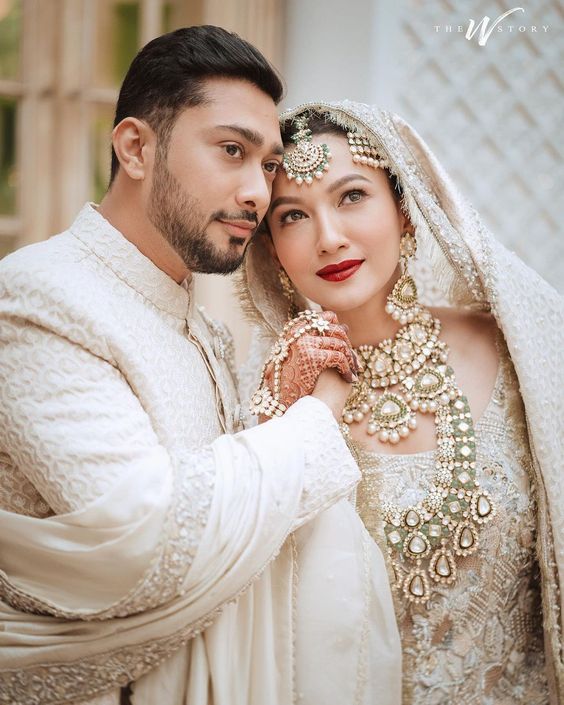
The next Muslim wedding tradition is the Imam Zamin, which occurs after the Salat al-Istikhara. This involves the Groom’s mother visiting the Bride’s home, where she comes bearing gifts, sweets (mithai), and a symbolic gold / silver coin wrapped in a traditional silk scarf. This is presented to the bride, as the first formal step of welcoming her into the Groom’s family.
In some families, the Imam Zamin is a beautiful keepsake that is then passed down generations.
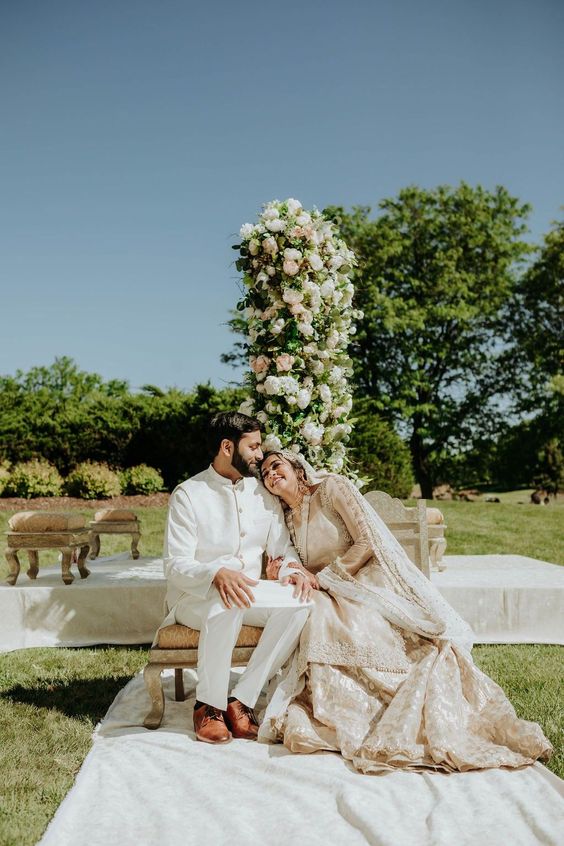
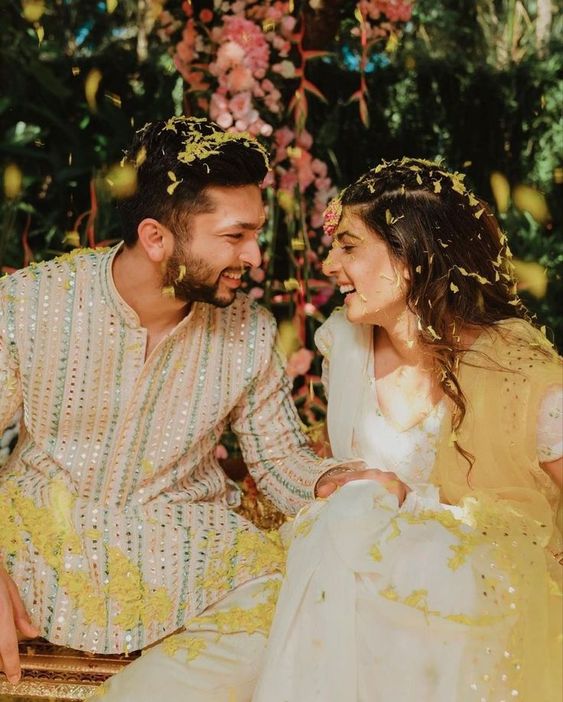
The Haldi ceremony is a cherished tradition in the Muslim culture, in which Haldi (paste) is applied to the face, neck, hands, and feet of the bride and groom. The paste is known to have beautifying effects and antimicrobial capabilities, comprising of gramflour, turmeric, sandalwood, water, & oil.
The ritual is carried out a day before, or the morning of, the wedding. It signifies many beautiful things for families: to ward off the evil eye (nazar), a symbol of blessings & a new journey, to detoxify the body, to add a glow; and so much more.
Nowadays, many couples opt for face mask alternatives to get that glow on their Haldi.
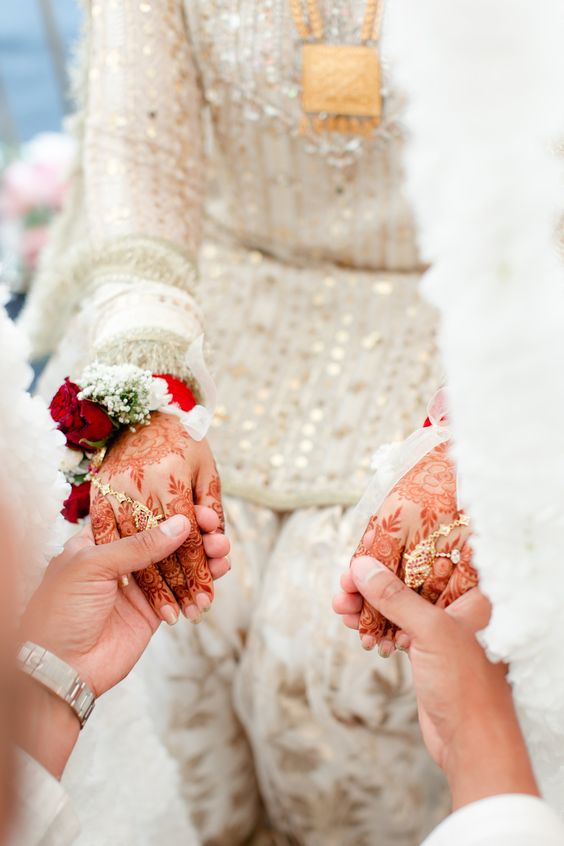
One of the most commonly heard and known ceremonies is the Mehndi. Commonly also known as henna, the paste is associated with positive spirits, good luck & calming effects.
The ceremony, often held a few nights before the wedding, is a way of sending the bride lots of good health and prosperity before the wedding.
Traditionally done on the Bride, the ceremony is an extremely fun way to get the family and friends involved; by applying henna as well.
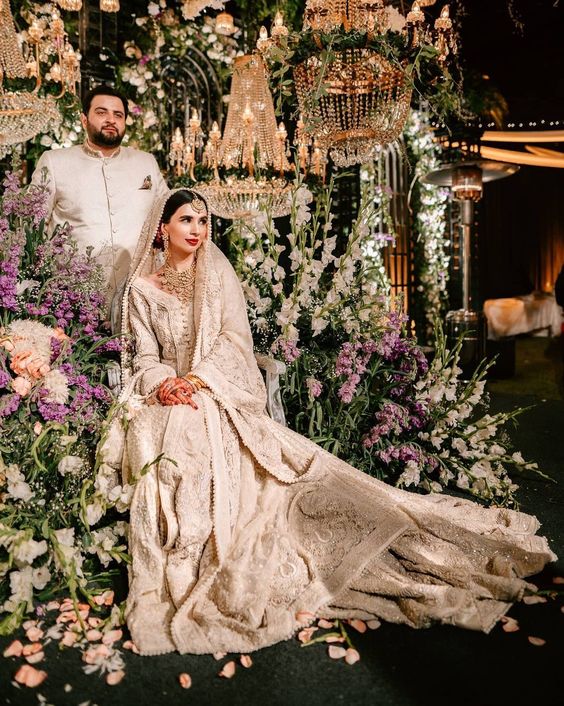
The Sanchaq is another beautiful Muslim wedding tradition, that is carried out a few days before the actual wedding.
It involves the Groom’s family visiting the Bride; historically it was always the male members of the Groom’s family, however this is commonly not the case for many families now.
The family visits and brings gifts for the Bride, and most importantly brings the bridal outfit that she will be wearing during the Nikah ceremony. These gifts are another symbolism of love & support.

The Baraat marks the arrival of the groom and his family and friends at the wedding venue, where the marriage ceremony will take place. It is a lively and celebratory event, filled with music, dancing, and merriment – often accompanied by tons of entertainment & dhol players.
The Baraat procession typically moves through the streets leading to the wedding venue. The route may be lined with colourful decorations and lights to create a festive atmosphere.
Upon arrival at the wedding venue, the Groom is warmly welcomed by the Bride’s family and friends. The Bride’s mother or an elder family member may spray ittar or rosewater onto the Groom, before his entrance.
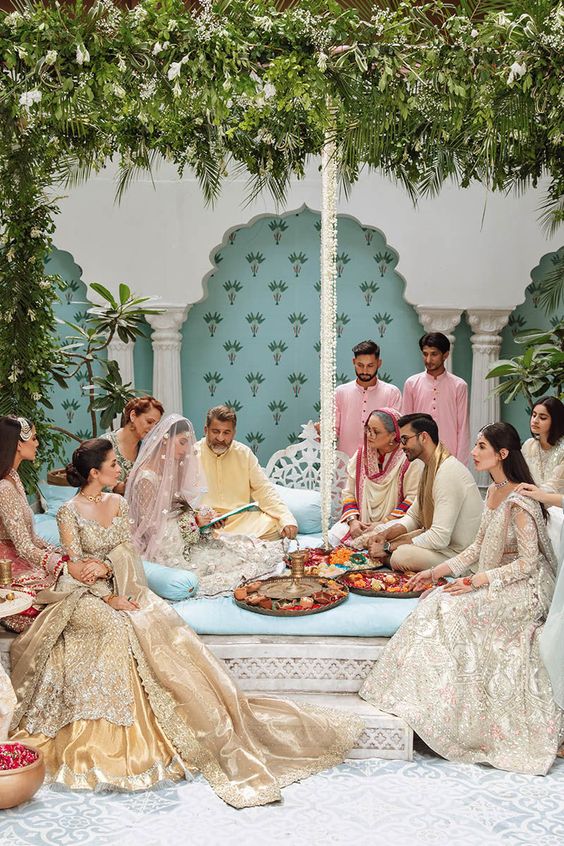
The major Muslim wedding ritual is the Nikah, where the marriage is solemnised, by the chosen Imam. During the Nikah ceremony, the Bride & Groom are often covered by a translucent wall between them, either of cloth or flowers.
The Nikah ceremony usually begins with a recitation from the Quran or a brief sermon by an Imam or a religious authority. This may include reminders about the significance of marriage in Islam.
The proposal (Ijab) and acceptance (Qubool) are key elements of the Nikah. The Groom’s side initiates the proposal by stating the Groom’s intention to marry the Bride. The Bride’s side, represented by a guardian or family member, accepts the proposal on her behalf, expressing her willingness to marry the Groom.
The couple must then say the beautiful words ‘Qubool Hai’ three times, hence giving their consent to marry.
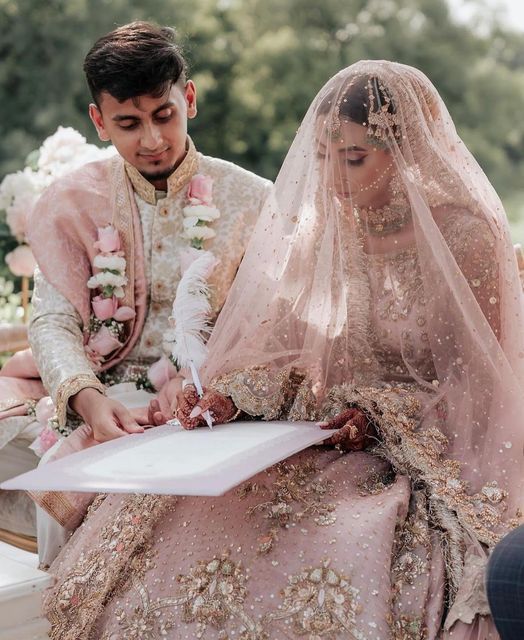
The Mehar, commonly known as the Mahr, symbolises the wedding contract which must be signed by the couple. This is one of the steps carried out in the Nikah, as blessings are received by the couple & their families.
As this occurs, prayers are read out from the Quran.
Traditionally, the Mahr symbolised a dowry which is agreed upon before, to be paid from the Groom to the Bride. As families have changed their outlook, each Muslim family will interpret and present the Mahr differently. This is an important thing to discuss with your families beforehand.
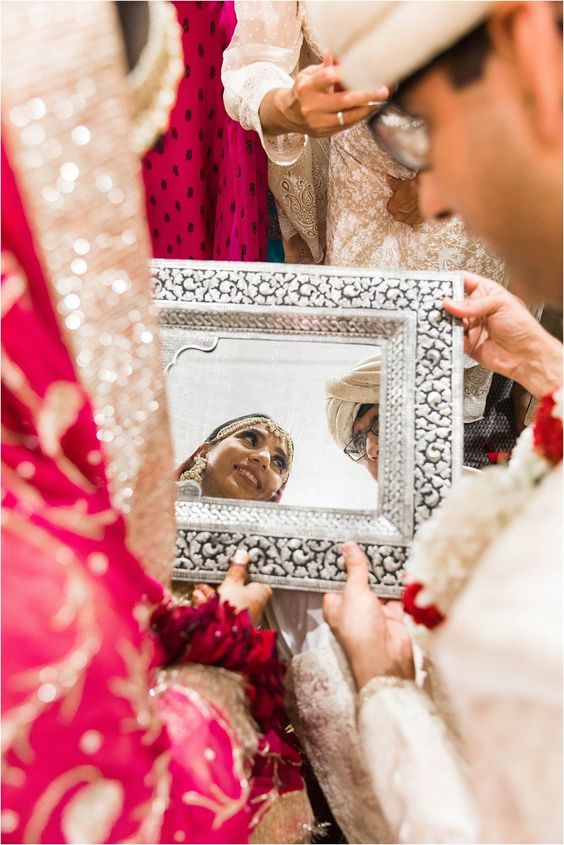
Remember when we said the couple was split between a cloth or flowers? Well, the Arsi Mushraf occurs after the ceremony, and is essentially the first look between the couple. The term itself is a combination of two words: “Arsi,” which means mirror, and “Mushraf,” which means blessed or honorable. The Arsi Mushraf ceremony involves the use of a mirror, and it holds cultural and symbolic significance.
The way that the Arsi Mushraf is carried out will differ amongst families, and the traditions that have been passed down. The most common practice of the Arsi Mushraf is with couples sitting next to each other, with the mirror placed between them, at at the perfect angle where they can see their partner in the reflection of the mirror.
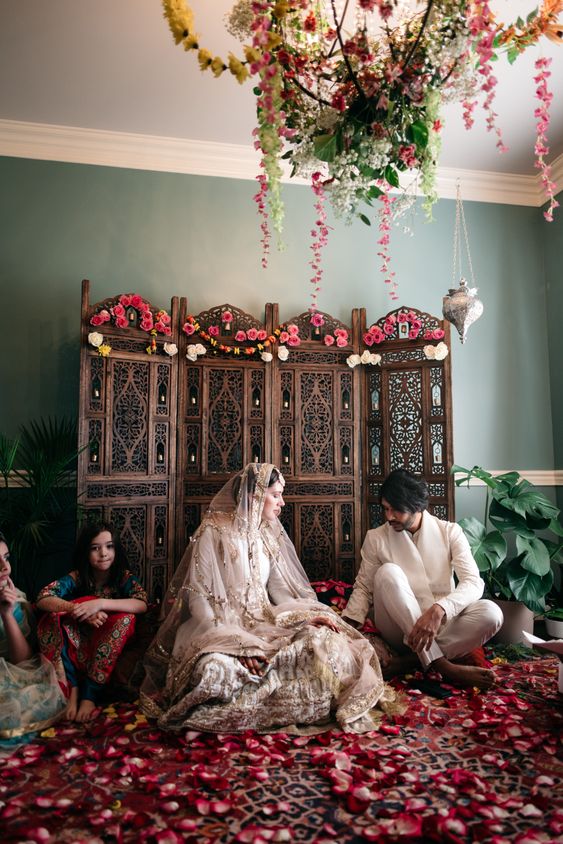
The Rukhsaat ceremony is a poignant and emotional moment in the wedding festivities, marked by the Bride’s transition from her childhood home to her new life as a wife in with her partner.
Before leaving, the bride seeks blessings from her parents and elders. Family members offer their best wishes, prayers, and advice for her future happiness and success in her new home.
Ultimately, the Rukhsaat symbolises the start of the couples new chapter, and can be interpreted very differently by each family.
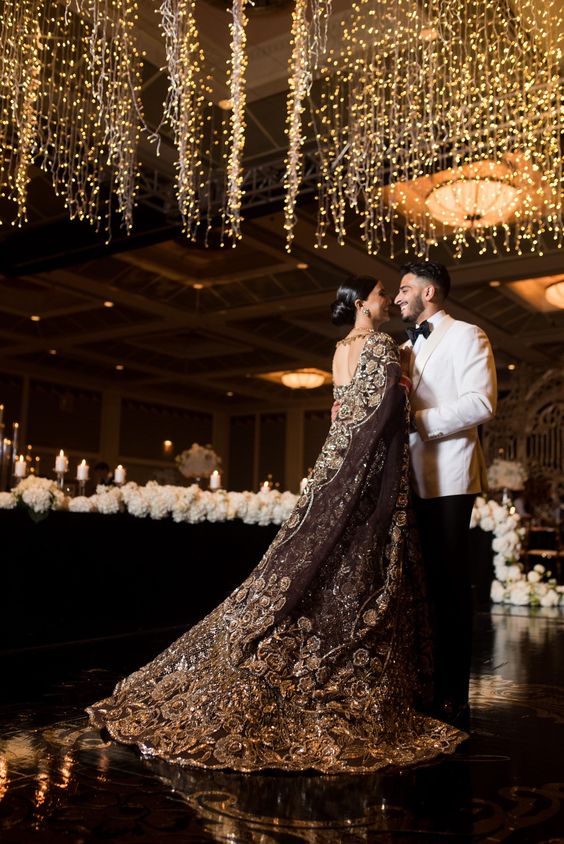
The Walimah (Reception) is a joyful celebration that marks the public announcement of the marriage and the union of the couple. It’s an opportunity for both families and their communities to come together and celebrate the newlywed couple’s happiness.
With endless supply of food, dances, and celebrations, the Walimah is truly a grand affair! The couple get to unwind & enjoy with their friends & family, as well as, be introduced to both sides of their distant relatives & friends too.
Some families choose to do the Nikah & Walimah close to each other, whilst other families will also do these a few months apart.
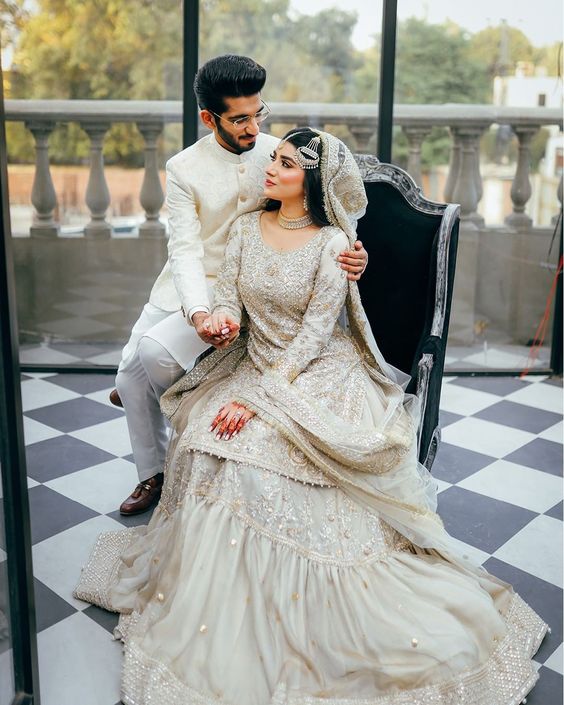
The Chauthi occurs in the 4th day after the wedding celebrations, and is technically the last Muslim wedding tradition to occur.
This is where the happy couple return to the Bride’s home, where they are greeted by a wonderful feast and showered with love (& more presents!). It is a more casual ceremony, with only the immediate family and few relatives in attendance.
It marks the completion of the wedding, and post-this, the couple often departs on their honeymoon.

Congratulations to all you newly engaged couples! In recent years, we have seen weddings return to normality after the Covid-19 wedding disruptions, and now the
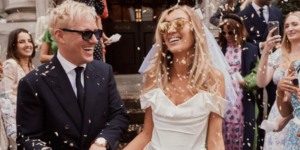
If you are anything like us, then MIC members Jamie Laing & Sophie Habboo’s wedding is one that you are very excited for. Following their
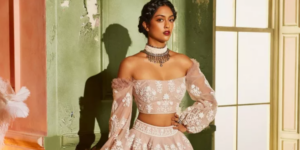
Every bride dreams of the perfect lehenga for her wedding day; whilst some opt for traditional reds, other’s love a subtle pink bridal lehenga. Pink
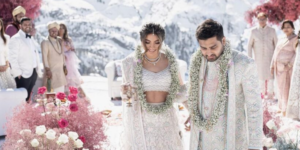
When it comes to deciding your wedding date, your options are endless. From special occasions, national holidays, or a numerical date that you love; every
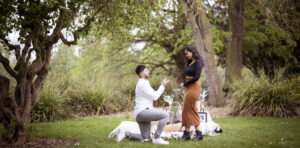
Welcome to Real Couples, where we speak to couples about their proposal, wedding planning process, the lead up to the big day, and any advice

It is instilled into us, that our wedding day has to be the most perfect day. The sun should be shining, the birds chirping, our
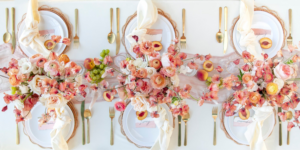
Pantone has finally announced it’s 2024 colour of the year: Peach Fuzz, 13-1023. Each year, the colour is chosen by studying trends in fashion design,
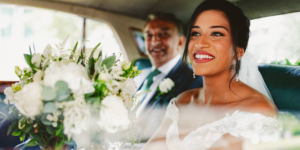
In a world where love knows no boundaries and cultures intertwine, there exists an art form that beautifully captures these moments of unity, joy, and

As a modern day couple, you are likely always busy, always on the go, and always balancing so much. You are likely already balancing your


Sign In with
Or sign up here